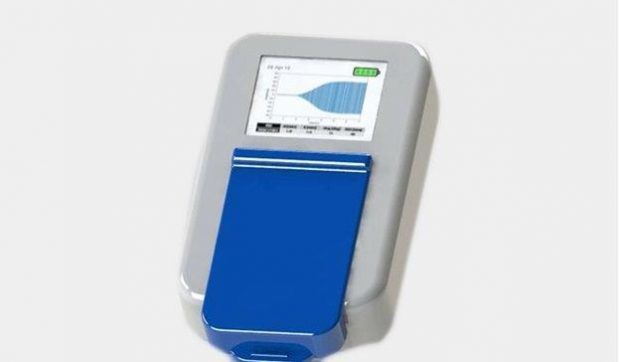A north firm has developed potentially lifesaving technology which allows doctors to quickly detect when a patient is bleeding internally.
Black Isle-based Highland Biosciences is working with specialist trauma surgeons from St Mary’s Hospital in London to trial the hand-held CoaguScan device.
The technology, which is in the early prototype stage and is yet to be tested directly on patients, helps clinicians determine whether a patient is suffering from internal bleeding and requires a blood transfusion by analysing blood for signs of coagulopathy.
Coagulopathy occurs when a patient’s blood loses the ability to clot, putting them at risk of massive blood loss.
Patients with coagulopathy require a blood transfusion, but this happens in less than one-third of trauma cases.
Currently, it can take up to an hour to determine whether a patient requires a blood transfusion and, as a result, transfusions are administered as a precaution to all patients who arrive with trauma.
This means vital blood supplies are often given to patients who do not benefit from them.
Giving unnecessary blood transfusions can also be detrimental to the patient if the body reacts badly, potentially leading to health complications and a lengthier hospital stay.
The CoaguScan device is also designed to help clinicians to determine the exact number of blood products a patient requires from their blood transfusion.
Dr Richard Day, managing director of Highland Biosciences, said: “The results of the trial so far are really promising and we are thrilled to be partnering with Imperial College Healthcare NHS Trust on this world first pilot.
“By partnering with the trust, we have been able to perform a practical demonstration of the technology we have developed.
“This has shown the potential for it to be deployed wherever and whenever the transfusion of blood products is used as a treatment to stop uncontrolled bleeding.
“Given St Mary’s reputation as one of the busiest trauma centres in the UK with very good outcomes for patients, it was the ideal location for us to test CoaguScan in the first proof of concept phase.
“We are now hoping to secure funding to roll out the next stage of the project which will see CoaguScan being tested in major trauma centres across the UK.”
